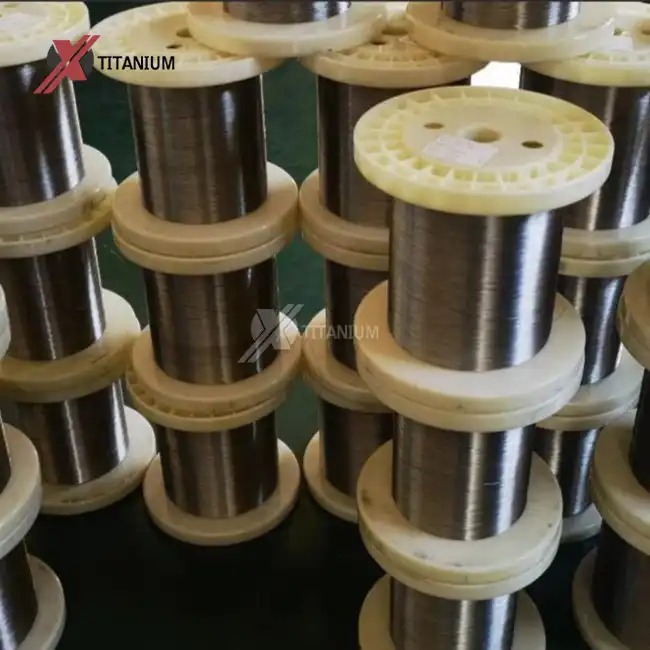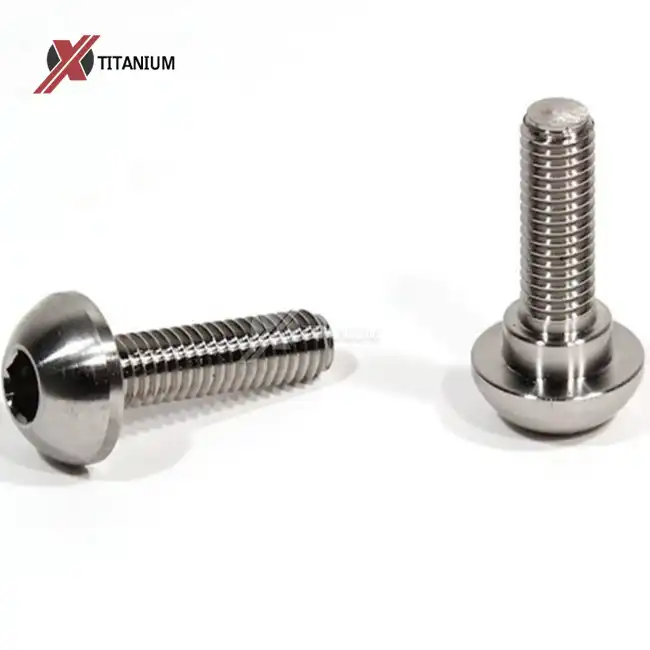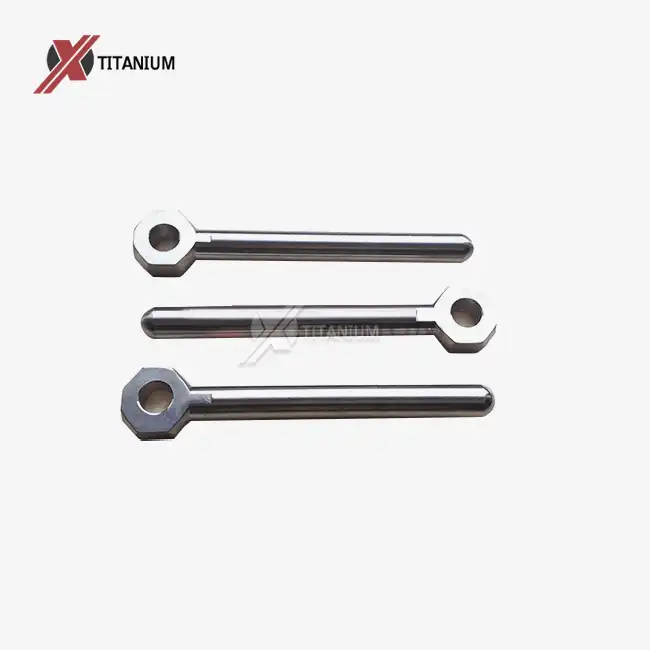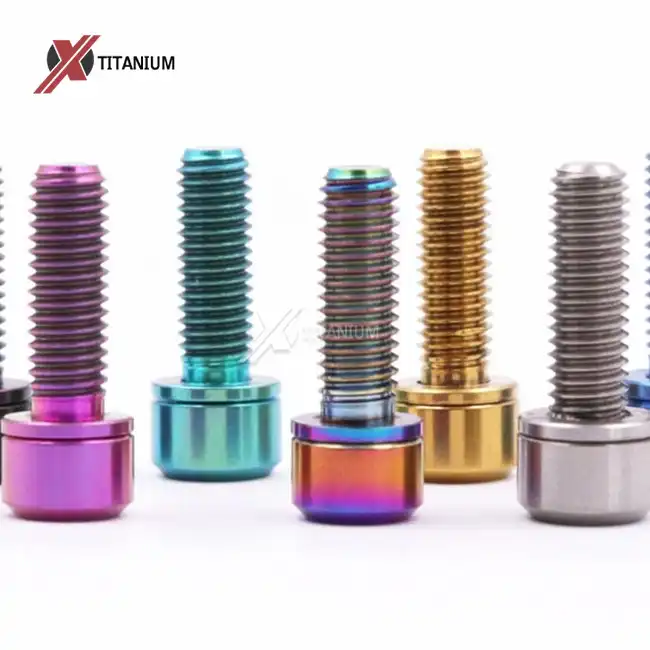- English
- French
- German
- Portuguese
- Spanish
- Russian
- Japanese
- Korean
- Arabic
- Greek
- German
- Turkish
- Italian
- Danish
- Romanian
- Indonesian
- Czech
- Afrikaans
- Swedish
- Polish
- Basque
- Catalan
- Esperanto
- Hindi
- Lao
- Albanian
- Amharic
- Armenian
- Azerbaijani
- Belarusian
- Bengali
- Bosnian
- Bulgarian
- Cebuano
- Chichewa
- Corsican
- Croatian
- Dutch
- Estonian
- Filipino
- Finnish
- Frisian
- Galician
- Georgian
- Gujarati
- Haitian
- Hausa
- Hawaiian
- Hebrew
- Hmong
- Hungarian
- Icelandic
- Igbo
- Javanese
- Kannada
- Kazakh
- Khmer
- Kurdish
- Kyrgyz
- Latin
- Latvian
- Lithuanian
- Luxembou..
- Macedonian
- Malagasy
- Malay
- Malayalam
- Maltese
- Maori
- Marathi
- Mongolian
- Burmese
- Nepali
- Norwegian
- Pashto
- Persian
- Punjabi
- Serbian
- Sesotho
- Sinhala
- Slovak
- Slovenian
- Somali
- Samoan
- Scots Gaelic
- Shona
- Sindhi
- Sundanese
- Swahili
- Tajik
- Tamil
- Telugu
- Thai
- Ukrainian
- Urdu
- Uzbek
- Vietnamese
- Welsh
- Xhosa
- Yiddish
- Yoruba
- Zulu
What Are the Advantages of Titanium U Bolts in Engineering?
Titanium U bolts offer numerous advantages in engineering applications, making them a superior choice for various industries. These fasteners combine the exceptional properties of titanium with the versatile U-shaped design, resulting in components that excel in strength, corrosion resistance, and durability. Titanium U bolts provide outstanding performance in harsh environments, withstand extreme temperatures, and offer an impressive strength-to-weight ratio. Their ability to resist corrosion from chemicals, seawater, and other aggressive substances makes them ideal for marine, aerospace, and chemical processing applications. Additionally, titanium U bolts' biocompatibility and non-magnetic properties expand their utility in medical and specialized industrial settings.
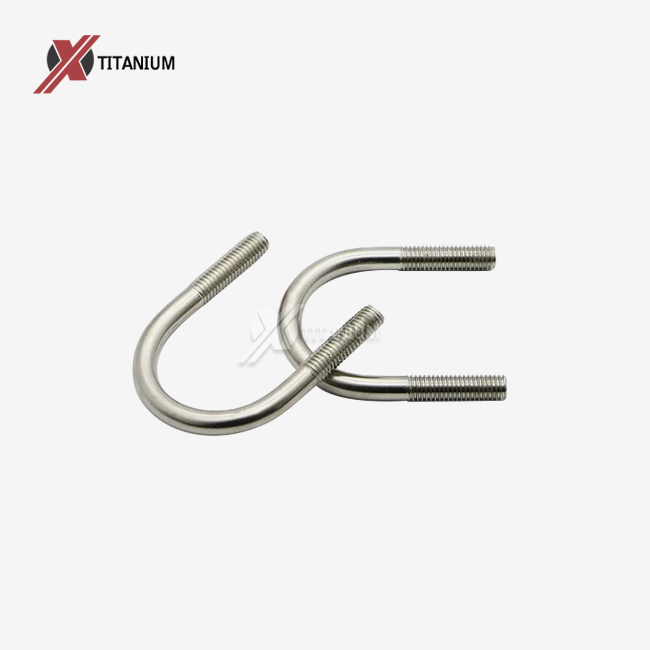
The Unique Properties of Titanium U Bolts
Superior Strength-to-Weight Ratio
One of the most remarkable characteristics of titanium U bolts is their exceptional strength-to-weight ratio. Titanium alloys used in these fasteners, such as Grade 5 (Ti-6Al-4V), offer a strength comparable to steel but at nearly half the weight. This property makes titanium U bolts an excellent choice for applications where weight reduction is crucial without compromising structural integrity.
In aerospace engineering, for instance, the use of titanium U bolts contributes significantly to overall weight reduction in aircraft and spacecraft. This weight savings translates to improved fuel efficiency and increased payload capacity, both of which are critical factors in the aviation and space industries. The aerospace sector's stringent requirements for high-performance materials make titanium U bolts an indispensable component in modern aircraft design.
Corrosion Resistance
Titanium U bolts exhibit remarkable resistance to corrosion, surpassing many other metals commonly used in engineering applications. This resistance stems from titanium's ability to form a stable, protective oxide layer on its surface when exposed to oxygen. This natural passivation process provides a barrier against various corrosive agents, including saltwater, acids, and industrial chemicals.
The corrosion-resistant nature of titanium U bolts makes them particularly valuable in marine engineering. These fasteners can withstand the harsh, salt-laden environment of seawater without degradation, ensuring long-term reliability in shipbuilding, offshore platforms, and underwater structures. Similarly, in chemical processing plants, titanium U bolts maintain their integrity when exposed to aggressive chemicals, reducing the need for frequent replacements and minimizing downtime.
Temperature Resistance
Titanium U bolts demonstrate excellent performance across a wide range of temperatures. They maintain their strength and structural integrity in both extremely cold and hot environments, making them suitable for diverse engineering applications. This temperature resistance is particularly beneficial in industries such as aerospace, where components must withstand the frigid temperatures of high altitudes and the heat generated during high-speed flight.
In the automotive industry, especially in high-performance and racing applications, titanium U bolts are prized for their ability to withstand the high temperatures generated in engine compartments and exhaust systems. Their thermal stability ensures consistent performance and reduces the risk of failure due to temperature-induced stress or deformation.
Applications of Titanium U Bolts in Various Industries
Aerospace and Aviation
The aerospace industry is perhaps the most prominent user of titanium U bolts. These fasteners are employed in critical areas of aircraft construction, including engine mounts, landing gear assemblies, and structural components. The combination of high strength, low weight, and excellent fatigue resistance makes titanium U bolts ideal for withstanding the constant vibrations and stress cycles experienced during flight.
In spacecraft design, titanium U bolts play a crucial role in securing components that must endure the extreme conditions of space travel. Their resistance to temperature fluctuations and ability to maintain structural integrity in vacuum conditions make them invaluable in satellite and space probe construction.
Marine Engineering
The marine industry extensively utilizes titanium U bolts due to their outstanding corrosion resistance in saltwater environments. These fasteners are used in shipbuilding, particularly in areas exposed to seawater or high humidity. Titanium U bolts are often found in propulsion systems, hull fittings, and deck equipment, where they provide long-lasting, maintenance-free performance.
In offshore oil and gas platforms, titanium U bolts are employed in various structural applications, offering superior resistance to the corrosive effects of seawater and chemicals used in drilling operations. Their use in these demanding environments significantly reduces maintenance costs and improves the overall reliability of marine structures.
Chemical Processing
The chemical processing industry benefits greatly from the corrosion-resistant properties of titanium U bolts. These fasteners are used in reactors, pipelines, and storage tanks that handle corrosive chemicals, acids, and alkaline solutions. The inert nature of titanium prevents chemical reactions that could compromise the integrity of the fasteners or contaminate the processed materials.
In pharmaceutical manufacturing, where purity is paramount, titanium U bolts are preferred for their resistance to degradation and their ability to maintain a clean, contamination-free environment. This makes them ideal for use in sterile processing equipment and bioreactor systems.
Innovations and Future Trends in Titanium U Bolt Technology
Advanced Manufacturing Techniques
The field of titanium U bolt manufacturing is witnessing significant advancements in production techniques. Additive manufacturing, or 3D printing, is emerging as a promising method for creating complex titanium components, including U bolts. This technology allows for the production of customized designs with intricate geometries that would be challenging or impossible to achieve through traditional manufacturing methods.
Innovations in powder metallurgy are also contributing to the development of titanium U bolts with enhanced properties. These techniques enable the creation of titanium alloys with finer grain structures, resulting in improved strength and fatigue resistance. As these manufacturing processes become more refined and cost-effective, we can expect to see an increase in the availability and application of high-performance titanium U bolts across various industries.
Surface Treatment Advancements
Research into advanced surface treatments for titanium U bolts is yielding promising results in further enhancing their already impressive properties. Techniques such as ion implantation and plasma nitriding are being explored to improve the wear resistance and hardness of titanium surfaces without compromising their corrosion resistance.
Another area of innovation is the development of bioactive coatings for titanium U bolts used in medical applications. These coatings can promote osseointegration, making titanium fasteners even more suitable for orthopedic and dental implants. As these surface treatment technologies mature, we can anticipate titanium U bolts with tailored surface properties for specific applications, expanding their utility in specialized fields.
Integration with Smart Technologies
The future of titanium U bolts may lie in their integration with smart technologies. Researchers are exploring ways to incorporate sensors and monitoring systems into these fasteners, allowing for real-time assessment of structural integrity and performance. This could lead to the development of self-monitoring fastening systems capable of detecting early signs of wear, stress, or potential failure.
In industries such as aerospace and civil engineering, where safety is paramount, smart titanium U bolts could revolutionize maintenance practices. By providing continuous data on their condition, these advanced fasteners would enable predictive maintenance strategies, potentially preventing catastrophic failures and improving overall system reliability.
Conclusion
Titanium U bolts represent a pinnacle of engineering fastener technology, offering a unique combination of strength, light weight, and corrosion resistance. Their versatility and superior performance characteristics make them indispensable in a wide range of industries, from aerospace and marine engineering to chemical processing and medical applications. As manufacturing techniques continue to advance and new surface treatments are developed, the potential applications for titanium U bolts are likely to expand even further.
To learn more about titanium U bolts and their applications in various industries, or to discuss your specific fastening needs, please contact us at info@cltifastener.com or djy6580@aliyun.com. Our team of experts is ready to assist you in finding the ideal titanium fastening solution for your engineering challenges.
References
1. Boyer, R., Welsch, G., & Collings, E. W. (2007). Materials Properties Handbook: Titanium Alloys. ASM International.
2. Lutjering, G., & Williams, J. C. (2007). Titanium (Engineering Materials and Processes). Springer.
3. Peters, M., Hemptenmacher, J., Kumpfert, J., & Leyens, C. (2003). Titanium and Titanium Alloys: Fundamentals and Applications. Wiley-VCH.
4. Donachie, M. J. (2000). Titanium: A Technical Guide. ASM International.
5. Inagaki, I., Takechi, T., Shirai, Y., & Ariyasu, N. (2014). Application and Features of Titanium for the Aerospace Industry. Nippon Steel & Sumitomo Metal Technical Report.
Learn about our latest products and discounts through SMS or email
